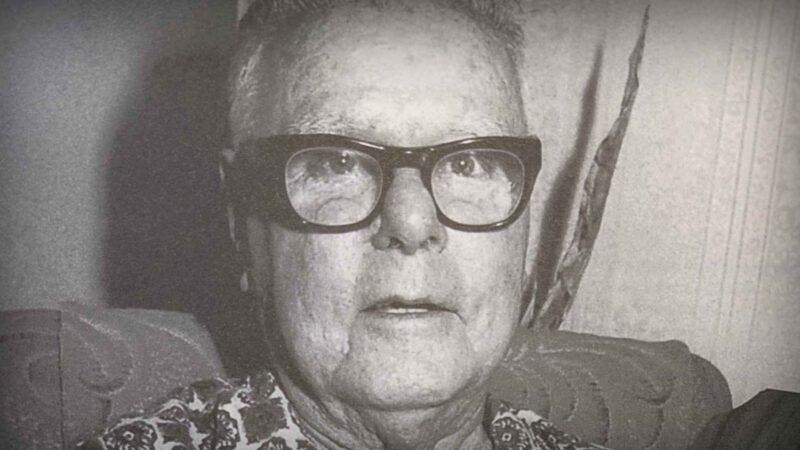SET AND READY TO UNLEASH THE POTENTIAL OF THE PHARMACIST HEALTH WORKFORCE Government aligns Scope of Practice review with Pharmacists in 2030 report
Filmed in Perth, Western Australia, November 2024
With Associate Professor Fei Sim, National President
Pharmaceutical Society of Australia (PSA)
Last week, Associate Professor Fei Sim the National President of the Pharmaceutical Society of Australia (PSA), the peak body representing 39,000 pharmacists across Australia’s health system, spoke to Australian Health Journal about the release of the Unleashing the Potential of our Health Workforce – Scope of Practice Review. The review and final report sets out to create a clear pathway for health professionals to contribute more to our health system and practice to their full and top of scope.
The report calls for governments to remove the inconsistent barriers that restrict the scope of healthcare professionals, including pharmacists.
PSA National President Associate Professor Fei Sim FPS commended the report’s focus on removing barriers for pharmacists and other healthcare professionals as a critical step towards a more accessible and resilient healthcare system.
“This review confirms PSA’s view that inconsistent regulations, unnecessary restrictions on practice, and siloed workforces are having a negative impact on patient access to quality health care,” Associate Professor Sim said.
“Pharmacists are some of the most accessible healthcare professionals in our communities, yet regulatory barriers continue to limit our ability to provide care when and where our patients need it. The release of this final report is the next step towards breaking down these barriers through a short- and long-term reform agenda, addressing the inefficiencies in our health system.”
Associate Professor Sim said that the report’s recommendations present a genuine opportunity to improve access to health care across Australia.
“There is a clear alignment between Cormack’s recommendations and the actions in PSA’s vision for the pharmacy profession, Pharmacists in 2030. Both present a clear vision for the future that requires collaboration for a health system that works for patients,” Associate Professor Sim said.
“This report recognises the core role of pharmacies and pharmacists as primary healthcare providers and recommends a multidisciplinary approach to patient care.
“In order to make the most of the opportunities presented by the report, we need governments, regulators and health care professionals to work together for a strong, sustainable health system that utilises all health professionals to their full scope.
“I urge governments and stakeholders at all levels to accept and act on the report’s recommendations in full to build a health system ready for the growing health needs of Australians.”
A/Prof Fei Sim served on the Cormack Review’s Expert Advisory Committee, representing the pharmacy profession.
You Might also like
-
30 years on, Viertel Foundation legacy continues
One of Australia’s largest charitable foundations, the Sylvia and Charles Viertel Charitable Foundation, is celebrating three decades of transforming Australian healthcare – with more than $90 million invested in medical research and a legacy of breakthroughs that are saving lives. Viertel Fellowships support some of Australia’s best and brightest researchers and clinicians, with 70 Fellowships awarded to date.
-
Study: First time stroke survivors have substantial immediate and accelerated long term cognitive decline
New evidence from the Centre for Healthy Brain Ageing (CHeBA) indicates that older adults who experience a stroke for the first time will have substantial immediate and accelerated long term-cognitive decline.
-
Surgeon receives global award for kidney transplant science
Commencing a new series called Pioneers in Health Care, is an interview with Professor Jeremy Chapman AC who for over 40 years, has been involved in nephrectomy, or kidney transplantation.
Honoured “for eminent service to medicine, particularly in the areas of clinical and biomedical research, to the development of ethical policy and practices for organ donation, acquisition and transplantation, and to renal medicine organisations and publications, Jeremy Chapman AC has played significant roles in development of kidney, pancreas and unrelated Bone Marrow Transplantation in Australia.



